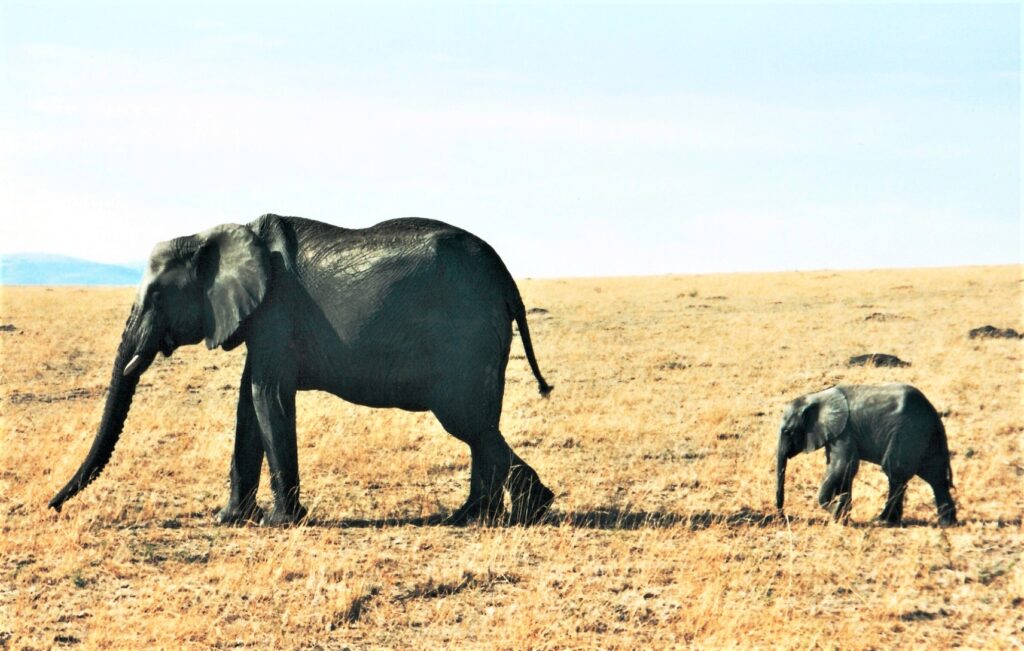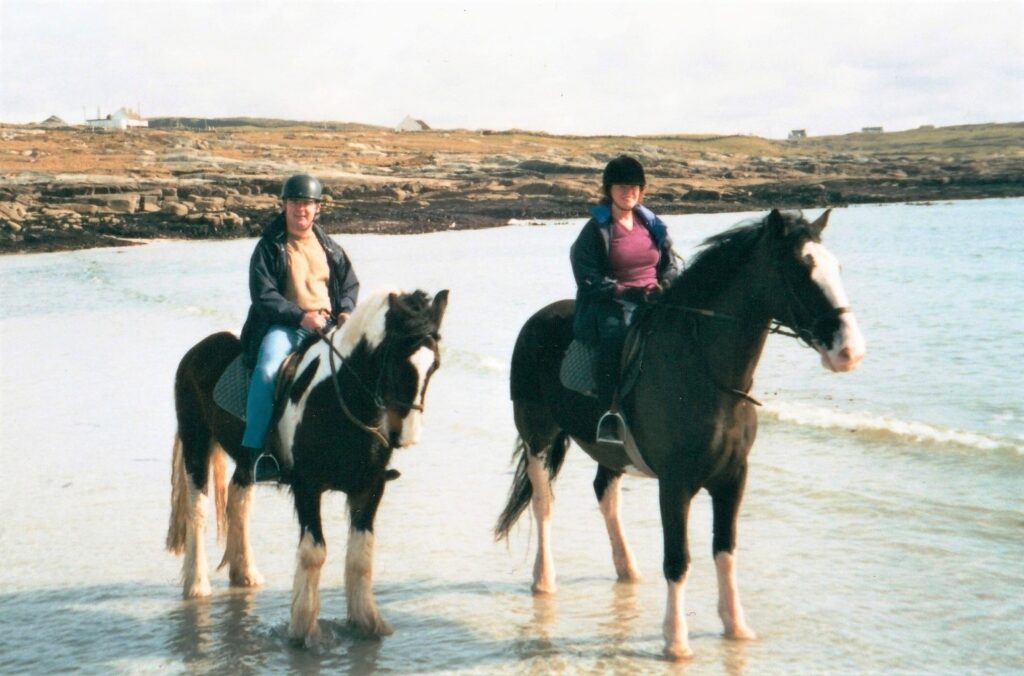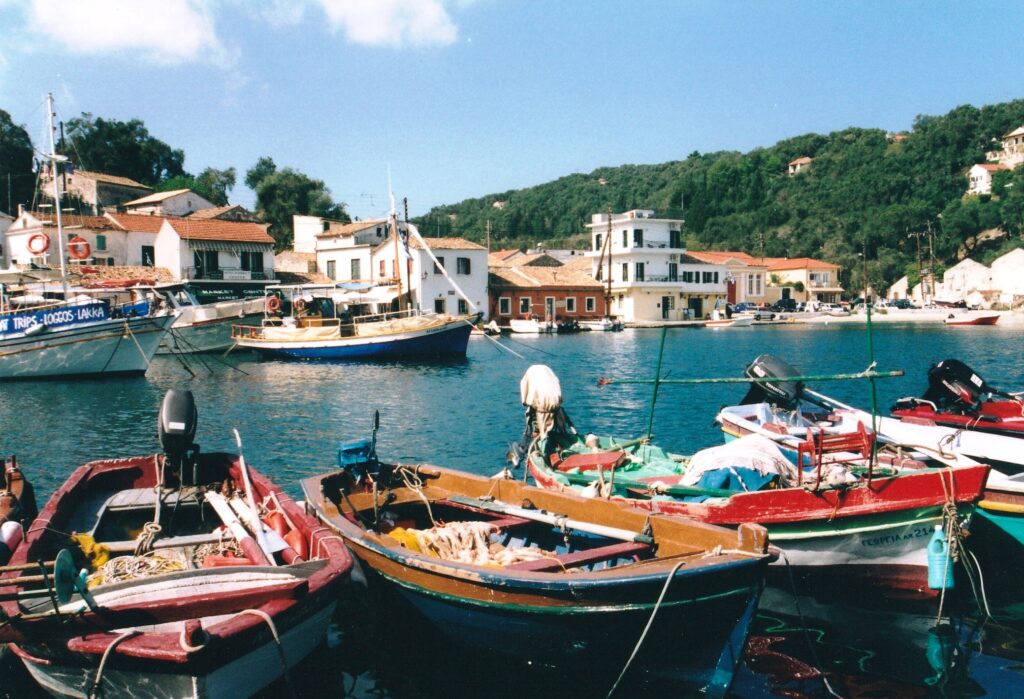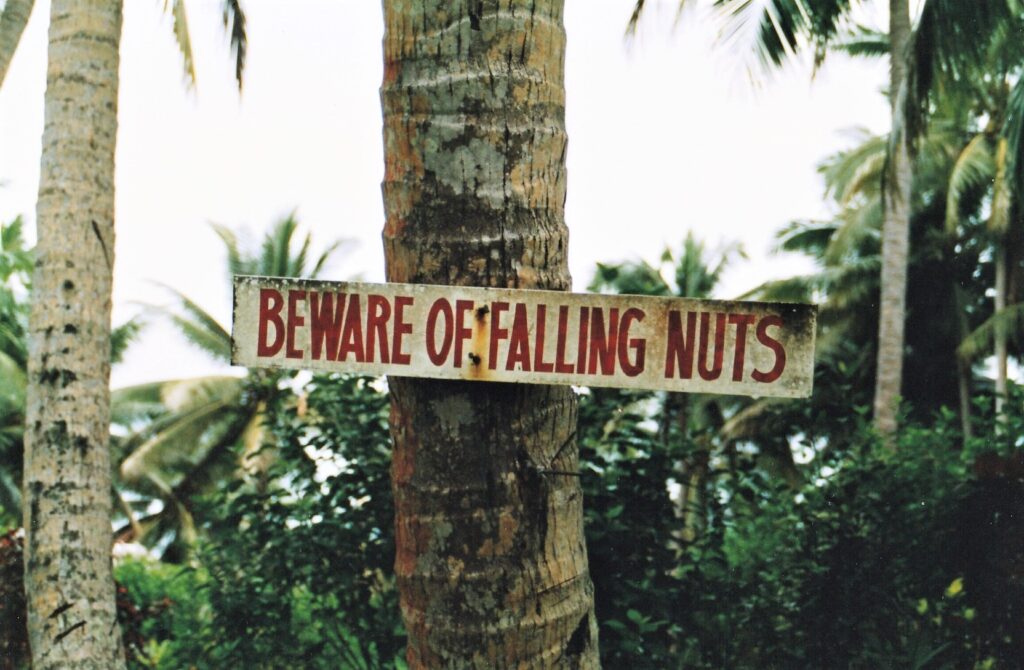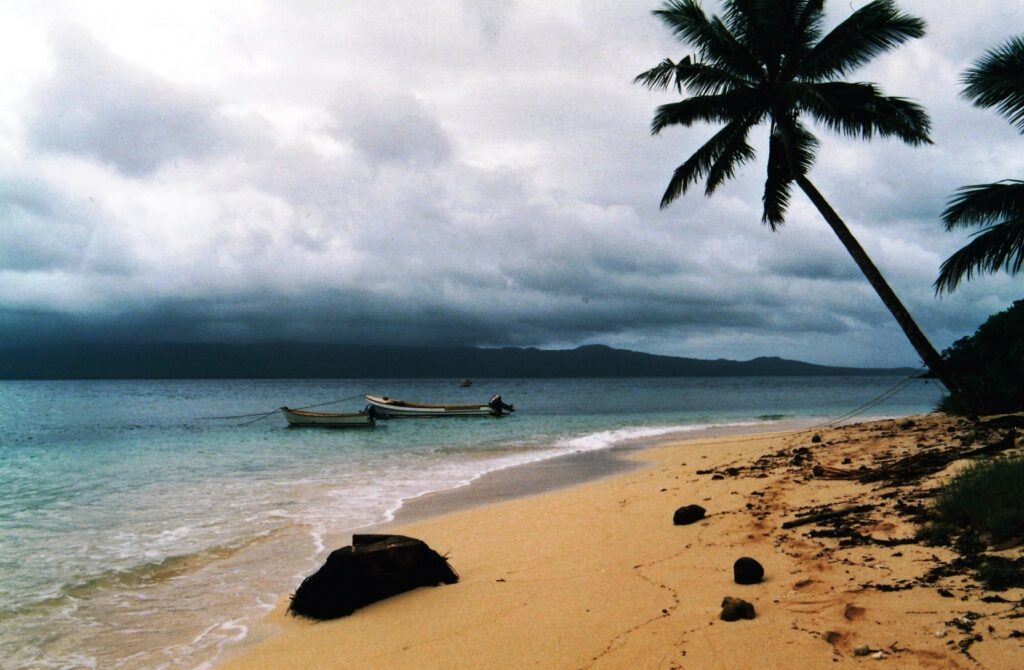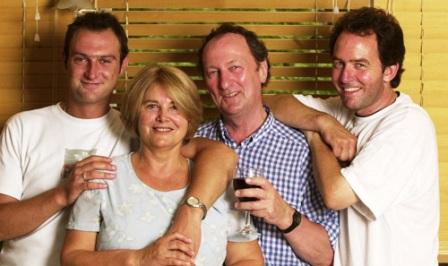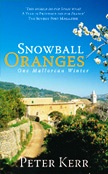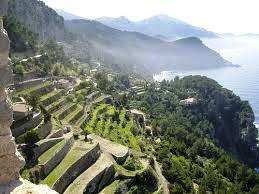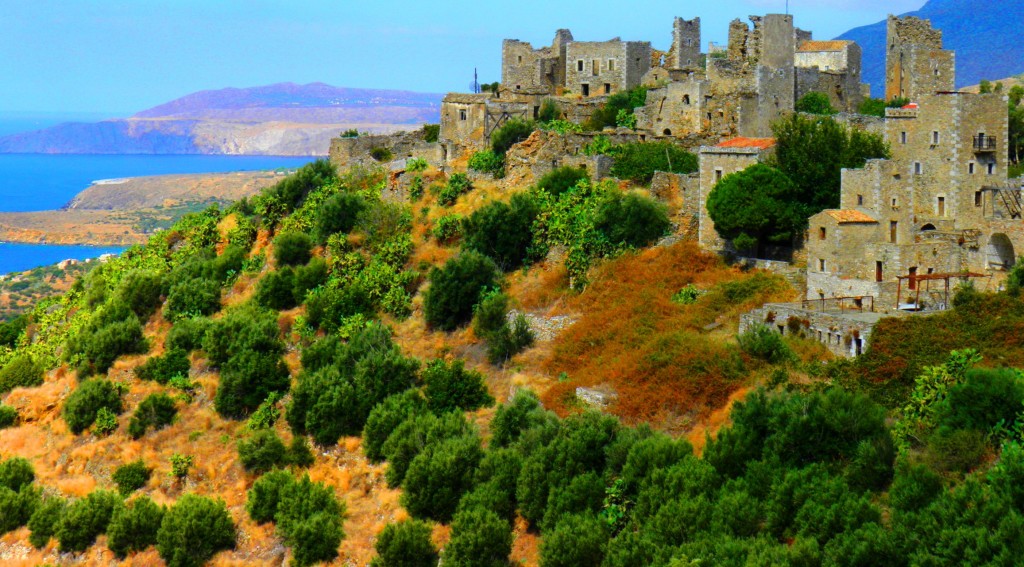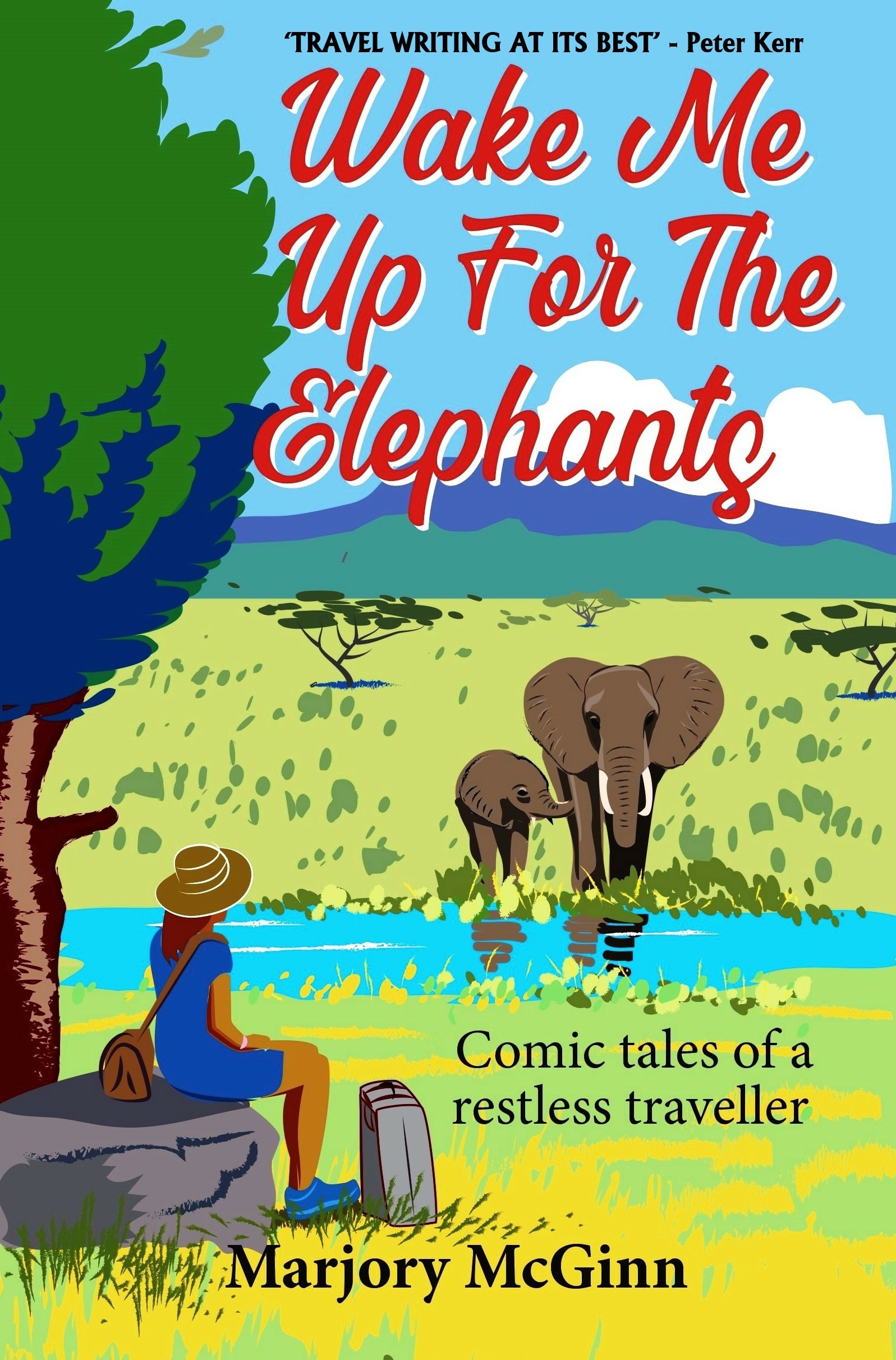
AFTER a few months of silence on the blog, I’m pleased to tell you all that I have in fact been scribbling away and my latest travel memoir is now published.
Wake Me Up For The Elephants: Comic tales of a restless traveller, is a collection of eight adventure stories with the same humour and flavour of my best-selling Greek memoirs but with a bigger canvas this time.
While I will continue to be inspired by Greece (and there’s one story from Greece in this new collection), and set my books there, I also wanted to entertain readers with stories from some of my other favourite locations: Africa, Australia, Fiji, Ireland, Scotland.
They are romantic, exotic locations based on real journeys and they introduce the reader to some eccentric and wild fellow travellers and to some hilarious and scary scenarios: dodging wild animals on safari, and one male ‘stalker’ in Mombasa, Kenya; dance torment in tropical Fiji; a supernatural mystery in the Australian bush; a beach gallop in Ireland led by a lobster fisherman; and a funny boating mash-up on gorgeous Paxos island, Greece, where the recent hit Greek drama series Maestro in Blue was filmed.
The stories span the period from 1992 to 2006, with the narrative moving from Australia to Scotland (where I was born) to reflect my own huge move ‘home’ with my husband Jim and where we lived and worked for 10 years. And one story will include dear Wallace, our Jack Russell terrier, not long after he was born. In its way, this book is also a prequel to the Greek memoirs, revealing what unforgettable adventures and huge life changes I’d experienced even before the four-year odyssey to Greece kicked off in 2010, which I’ve written about at length in my four Greek memoirs.
Some of the trips in this collection, including Kenya and Fiji, were inspired by media travel trips I’d undertaken, particularly as a feature writer on a Sydney Sunday newspaper. I travelled with groups of other Australian writers – usually outspoken, eccentric, game for anything – with hilarious outcomes. On the Kenyan trip, it had curiously been an all-women group, but a very disparate bunch of females, and one male ‘stalker’, who tagged along with unexpected results. The trip was high on adventure, with several safaris at wildlife parks, including the inimitable Masai Mara. There were stays in historic hotels like the famous Treetops, where Princess Elizabeth in the 1950s became Queen on the sudden death of her father George VI.
In Fiji, with another group, I visited some exotic tiny islands in the Pacific and trekked to a remote village on a river, where the chief and elders had organised our ‘entertainment’, though it wasn’t quite what we expected and where we were given the infamous brew of kava. Although it’s not alcoholic, kava has various disturbing side-effects but is popular throughout the South Pacific. (Read my amusing extract of this scenario, below).
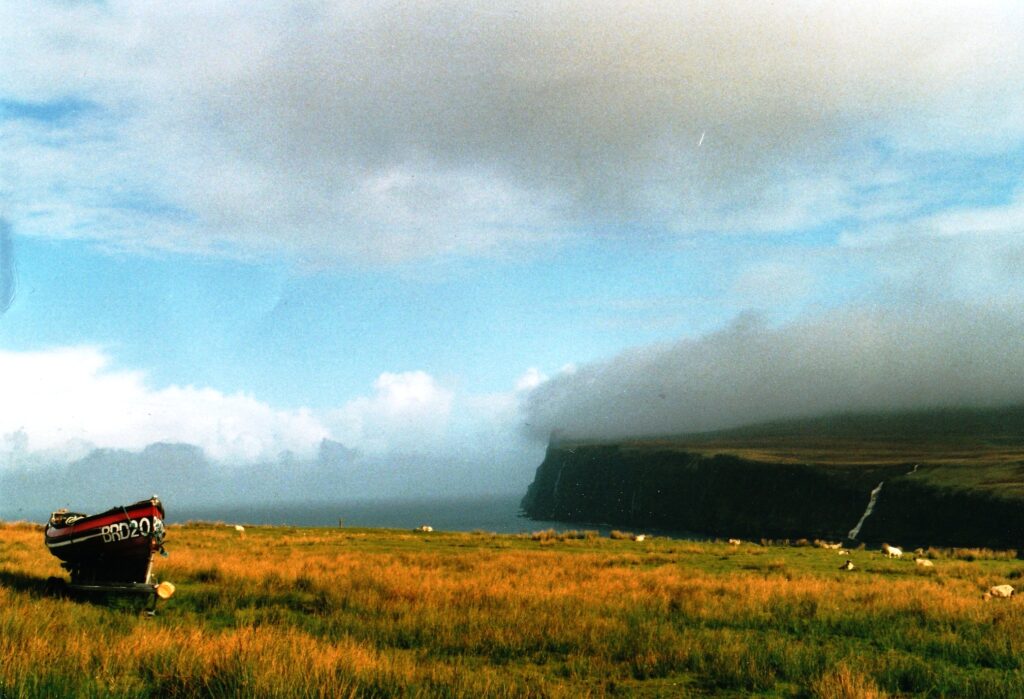
However, this collection of stories is not all fun and frolics. In one of the stories from Scotland (Hysterics in the Heather), I take my mother, Mary, on a sentimental journey back to the wilder parts of our homeland, including the remote Outer Hebrides islands and while it has amusing shades of Thelma and Louise (with electric bagpipes!), it is also undercut with nostalgia. I grapple with the notion of where a restless traveller really belongs when the wandering, and the laughter, stops. In another story, I spend an unforgettable day with one of the last great (and very entertaining), lairds of Scotland, Ninian Brodie, at his ancestral home in Morayshire.
Best-selling author Peter Kerr (Snowball Oranges) has described Wake Me Up For The Elephants as “travel writing at its best”.
Extract from the chapter, Going Troppo in the South Pacific:
(In a traditional village on the Navua River on Fiji’s main island, our media group has been invited to meet villagers and take part in a meke (local song and dance), but not before we are offered a bowl of fiendish kava, with outlandish consequences.)
“Two young men fetched guitars and strummed tunes that seemed to be Fijian mixed with early western pop classics, which was strange and oddly unnerving. We were embarrassed at first, so the chief got up and elbowed some of the young men and women to partner us on the dance floor, which they did timidly, like teenagers at a school dance.
It was hot and airless in the hall and the kava had really kicked in now in weird ways. We started dancing around, improvising, while the locals did a peculiar version of sixties’ dance moves: the pony, the jerk, their grass skirts flailing, their chests sweating. My partner was young and eager and the frantic swish of his grass skirt at least provided something of a cooling breeze. But in no other way was this enjoyable.
Other villagers, at loose ends, piled into the back of the hall to watch and I realised finally that this crazy performance in a sleepy village, upriver, so far from the modern delights of Fijian towns, was probably fashioned for their entertainment entirely, rather than ours, but in a benign way, surely, not an Evelyn Waugh, hell-in-the jungle kind of way.
All the same, we were dying on the dance floor, apart from Cheryl, whose arms were flailing everywhere but whose legs, in her droopy wide trousers, were moving heavily, like a weightlifter’s. It was bizarre. And we all looked the same, dancing with arms possessed, but dragging our feet. It was as if kava made you ‘drunk’ from the legs up, and your head would likely be the last thing to shut down, unless you got lucky and just fell on the floor catatonic, and didn’t have to dance any more — or live, more likely. I’d never seen anything quite like it — and I don’t want to, ever again.
After some 15 minutes of this, while Cheryl’s arms were still jittering and angsty, Corinne, whose partner had finally taken refuge with a few other warriors at the back of the hall, was now beginning to buckle.
‘I’ve seen tipsy goannas look saner than we do,’ she groaned.
…. Through the madness I could see the chief was still smiling, totally oblivious to the state we were in. When will this dance torture end? I thought. But I kept going, coaxing my legs about the room, dripping flop sweat, and feeling queasy in the stomach. Corrine and Joe began to slow dance, which in this frenetic set-up seemed radical.” ….
(Extract from Wake Me Up For The Elephants: © Copyright of the author, Marjory McGinn)
To read the rest of the chapter, and the book, it’s available as an ebook on all Amazon sites (currently for £1.99) and the paperback will follow in a week or so.
https://www.amazon.co.uk/dp/B0C2N788HD
https://www.amazon.com/dp/B0C2N788HD
Do let me know how you like the book and have fun reading it. And if you do, please consider putting a review on Amazon sites. It helps a book become more visible and is always appreciated by the author.
Thanks for stopping by.
For other books by Marjory McGinn visit her Amazon page: https://www.amazon.com/author/marjory-mcginn
Or visit my website: https://www.bigfatgreekodyssey.com
All photos in this blog are copyright of the author, Marjory McGinn.
© All rights reserved. All text and photographs copyright of the authors 2010-2023. No content/text or photographs may be copied from the blog without the prior written permission of the authors. This applies to all posts on the blog.
